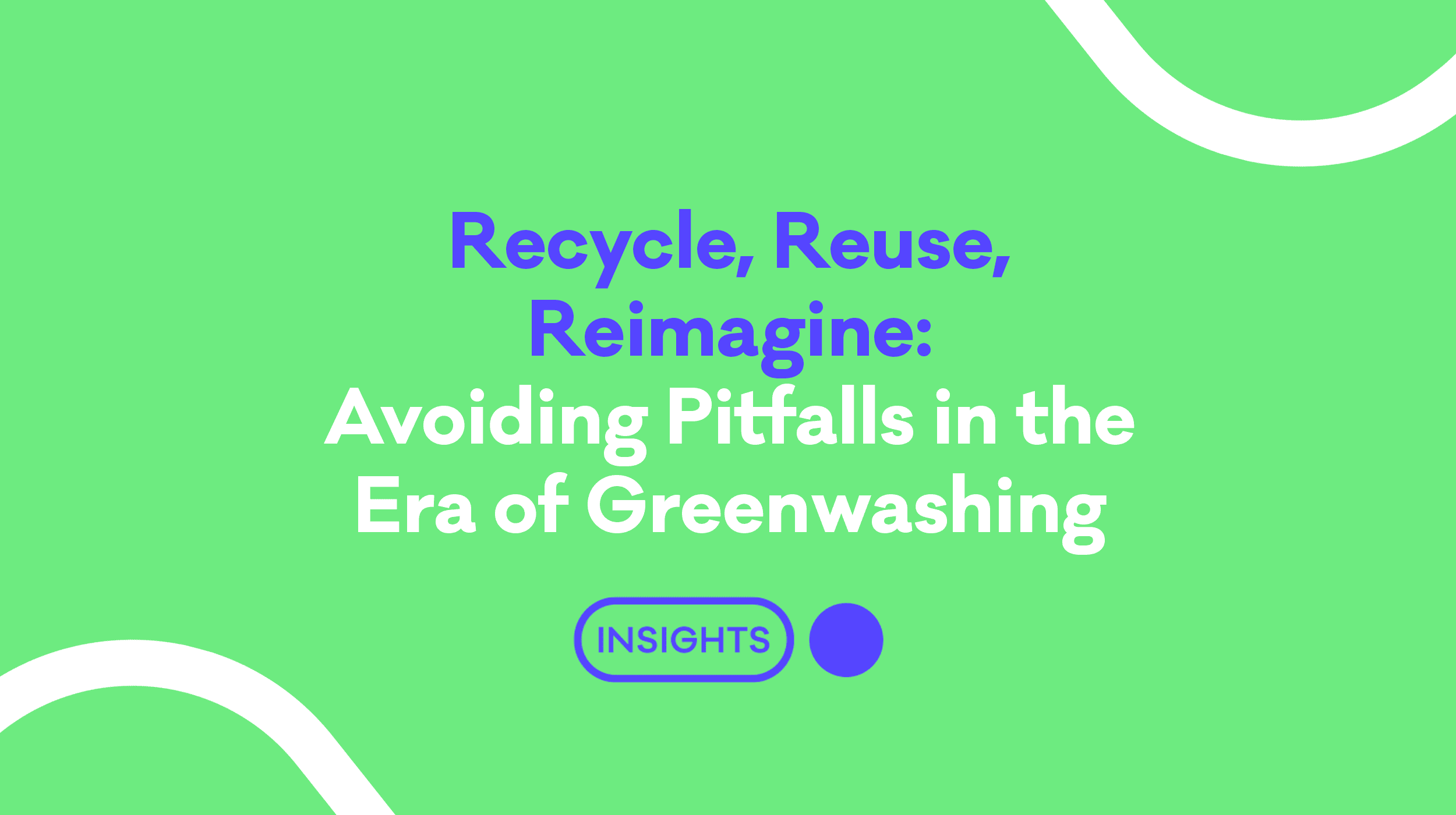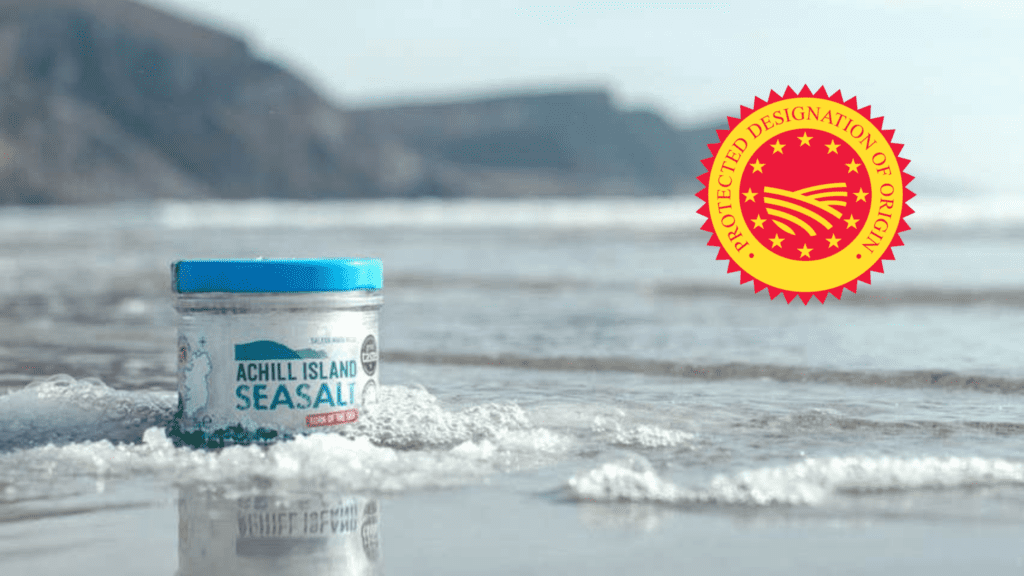Recycle, Reuse, Reimagine: Avoiding Pitfalls in the Era of Greenwashing
Over one in four shoppers believe the best way to practise sustainability is to purchase recycled or recyclable products, and three quarters of these shoppers actually do.
That’s what our consumer research is showing. This, coinciding with our collection of sustainability insights, is demonstrating a rise in the popularity of sustainable practices amongst consumers. On the other side of things, the market is seeing more brands selling and promoting recycled and recyclable products. However, it’s as important as ever to be vigilant with how you promote sustainability to avoid greenwashing.
So what does this mean for brands?
First of all, what’s the upside?
There’s been a clear shift in consumer preferences towards eco-friendly alternatives – big win for the planet. How can brands help consumers and brands to make these better choices?
There’s a real opportunity for brands who are operating with sustainability in mind, stocking products made with eco-friendly materials for example, to communicate their commitment to sustainability. Brands can help educate consumers on their choices, and attract the attention of environmentally conscious consumers.
Even if your brand doesn’t hero sustainability, highlighting what you do honestly can really resonate with your audience. There’s a human behind every brand, and we’re all starting somewhere.
How could it go wrong? A word of caution…
Our stats show a whopping 63% of the shoppers above are familiar with the term “greenwashing”.
Greenwashing refers to the practice of making exaggerated or false claims about a product or brand’s environmental benefits to appeal to eco-conscious consumers. If your brand wants to appeal to these consumers, it’s essential to understand and avoid greenwashing, maintaining transparency. It won’t fly with these consumers.
Unfortunately, examples of misleading information are everywhere. For instance, an item of clothing may be marketed as being made using recycled materials, however only the buttons are sustainably produced. Facts can be misleading, creating a false sense of trust among environmentally conscious consumers, or worse, turning them away from your brand.
What to consider before diving in
How can your brand authentically and truthfully communicate its sustainability efforts?
How can you truthfully represent the recyclability or other aspect of sustainability of your products?
No matter how small to start, prioritising genuine sustainability efforts and maintaining brand trust with consumers will take you further than falling into Greenwashing. Despite best intentions, attempting to be too grand in your statements can lead you to greenwashing your brand.
We’ve got a whole host of tips and tricks on how to best position your brand in this increasingly sustainable market, honestly.
We stay ahead of the game and keep watch on purchasing habits, mindsets, and influences. And we share! We’re providing you with meaningful insights that matter. Keep up to date on Bradley Insights across our social media channels.



















